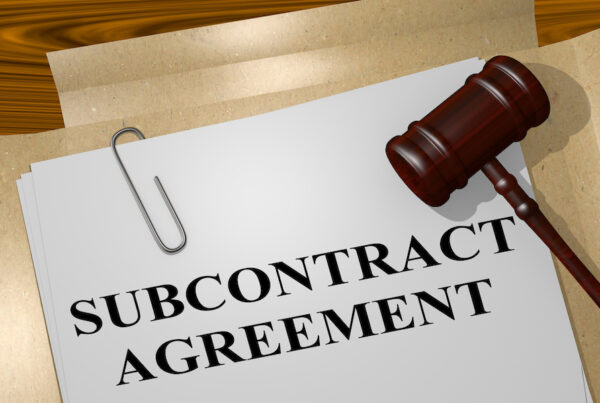Introduction:
For contractors, managing insurance policies is an integral part of protecting their business and complying with legal requirements. Two crucial aspects of insurance management are annual general liability and workers’ compensation audits. These audits play a vital role in ensuring that contractors have appropriate coverage, accurately assess their risk exposure, and maintain compliance with insurance policies and regulations. In this article, we will explore the significance of annual general liability and workers’ compensation audits for contractors.
Understanding Annual General Liability Audits:
General liability insurance is essential for contractors as it provides coverage for property damage, bodily injury, and personal injury claims. An annual general liability audit is a process carried out by the insurance company on a yearly basis to evaluate the contractor’s operations, assess risk exposures, and determine the appropriate premium. During the audit, the contractor provides detailed information about their business operations, revenue, subcontractors, and any significant changes since the last policy period. The annual audit ensures that the contractor has adequate coverage based on their actual operations and exposures.
The Importance of Annual Workers’ Compensation Audits:
Workers’ compensation insurance is a legal requirement for contractors and provides coverage for workplace injuries and illnesses. An annual workers’ compensation audit is conducted to verify that the contractor’s policy accurately reflects their payroll and job classifications. The audit process involves reviewing payroll records, job duties, and employee classifications to determine the appropriate premium. It ensures that the contractor has adequate coverage for their employees’ potential workplace injuries and illnesses.
Key Considerations for Contractors:
1. Accurate Recordkeeping: Maintaining accurate records is crucial for both annual general liability and workers’ compensation audits. Contractors should keep detailed records of subcontractor agreements, job contracts, payroll records, and certificates of insurance for subcontractors. Having organized and up-to-date records simplifies the audit process and helps prevent discrepancies or underreporting that could result in penalties or coverage gaps.
2. Classification of Employees and Subcontractors: Properly classifying employees and subcontractors is vital for accurate audits. Contractors must distinguish between employees and independent contractors and ensure that subcontractors have their own workers’ compensation coverage. Misclassification can lead to substantial penalties and potential legal liabilities.
3. Timely and Transparent Communication: Contractors should maintain open communication with their insurance provider and promptly notify them of any changes in operations, job scopes, or workforce. Transparent and timely communication helps prevent coverage gaps, ensures accurate premium calculations, and minimizes potential disputes during the audit process.
4. Compliance with Safety and Risk Management Practices: Adopting robust safety and risk management practices not only protects employees but also demonstrates a commitment to minimizing potential losses. Insurance providers often consider a contractor’s safety measures when evaluating premiums and audits. By implementing and documenting safety protocols, contractors can showcase their dedication to risk mitigation, potentially reducing insurance costs and improving audit outcomes.
Conclusion:
Annual general liability and workers’ compensation audits are essential components of insurance management for contractors. These audits ensure that contractors have appropriate coverage, accurately assess risk exposures, and comply with legal requirements. By maintaining accurate records, properly classifying employees and subcontractors, communicating with insurance providers, and prioritizing safety and risk management, contractors can navigate the audit process more smoothly, mitigate potential coverage gaps, and demonstrate their commitment to responsible business practices. Proactively managing annual insurance audits enables contractors to protect their business, employees, and reputation in an increasingly competitive industry.



